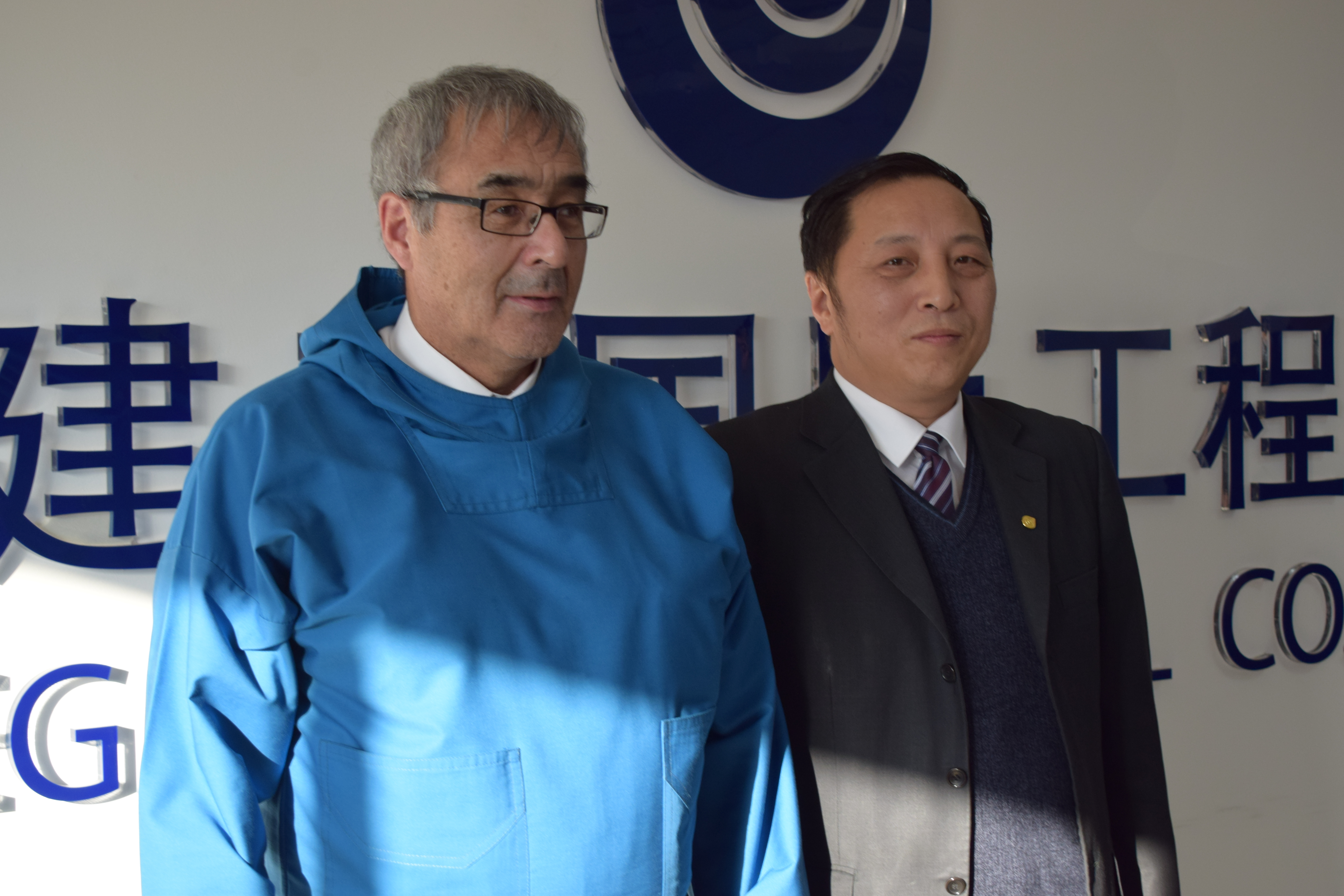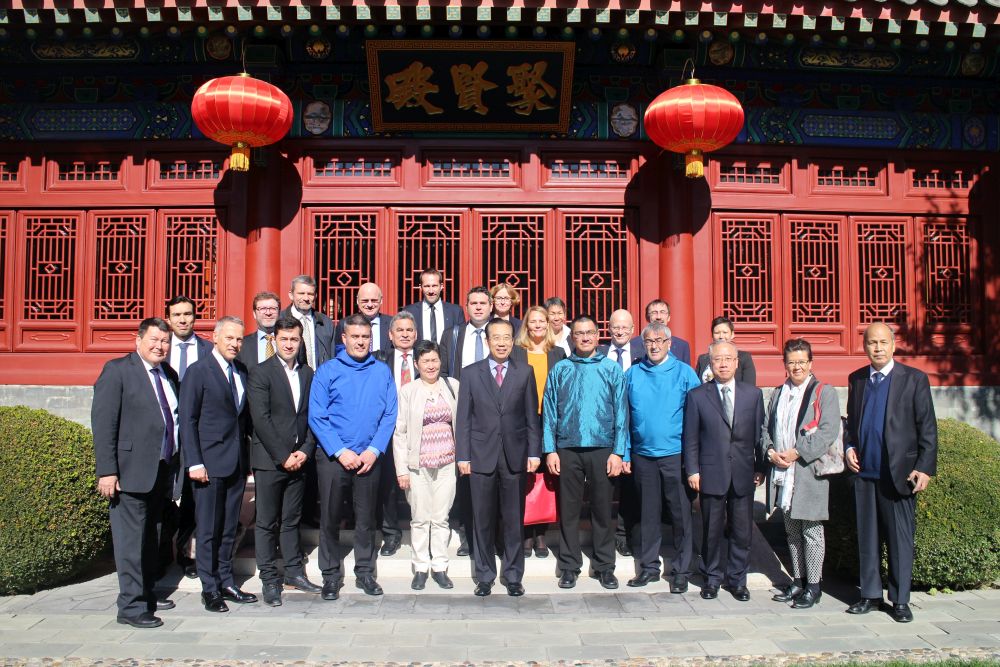Greenland leaders head to China seeking greater Chinese involvement in their nation’s economy

Political and business leaders from Greenland have travelled to China with a message that their country is wide open for expanded economic involvement in fields such as infrastructure investment, tourism and consumer goods.
The visit has become something of an annual ritual for Greenlandic leaders, and reflects China’s growing importance for the country’s economy, Kim Kielsen, the premier, told an audience in Beijing on Tuesday.
“Why is China so interesting from Greenland’s perspective? There are probably any number of answers to that question, but one thing we can say is that China plays an increasingly important role in the economic development we see in Greenland right now,” Kielsen said.
The speech came at the front end of the two-week trip that is sponsored by the Chinese embassy in Copenhagen. Kielsen began the official portion of the visit on Monday, when he and his fisheries minister met with Wang Chao, China’s vice foreign minister, to discuss a wide range of issues, including Chinese Arctic research programs, economic ties and Arctic Council issues.
Currently, China’s main economic interest in Greenland is fish. Fish is Greenland’s primary export item, and while it began selling fish to China only two decades ago, today it has expanded sales to the point where it accounts for a third of China’s $100 million market for halibut. This year, Royal Greenland, a major producer of frozen fish, also hired 40 Chinese workers at three of its factories in Greenland.
But as Kielsen’s government has embarked on an effort to expand the country’s economic base, it has pushed development of mining and tourism as pillars of an economy that will one day be strong enough to allow the country to become financially, and eventually politically, independent from Copenhagen.
Chinese firms have already expressed an interest in Greenland’s mining industry, but the investments have so far only amounted to tentative involvement in a limited number of projects. In a telling example, plans by a Chinese firm to develop what is believed to be the world’s largest iron-ore deposit sputtered, and last year the owner announced it was unlikely to establish a mine there.
Chinese firms, however, remain keen on exploiting mineral resources in Greenland, Múte B. Egede, Greenland’s mining minister, was told during meetings with industry representatives.
During the visit, Hans Enoksen, the commerce minister has held meetings with banks and construction firms to pitch the country’s plans to extend runways and improve facilities at five airports. Kielsen’s government believes the better airports will boost tourism by making it easier for international flights to reach the country’s most attractive destinations.
